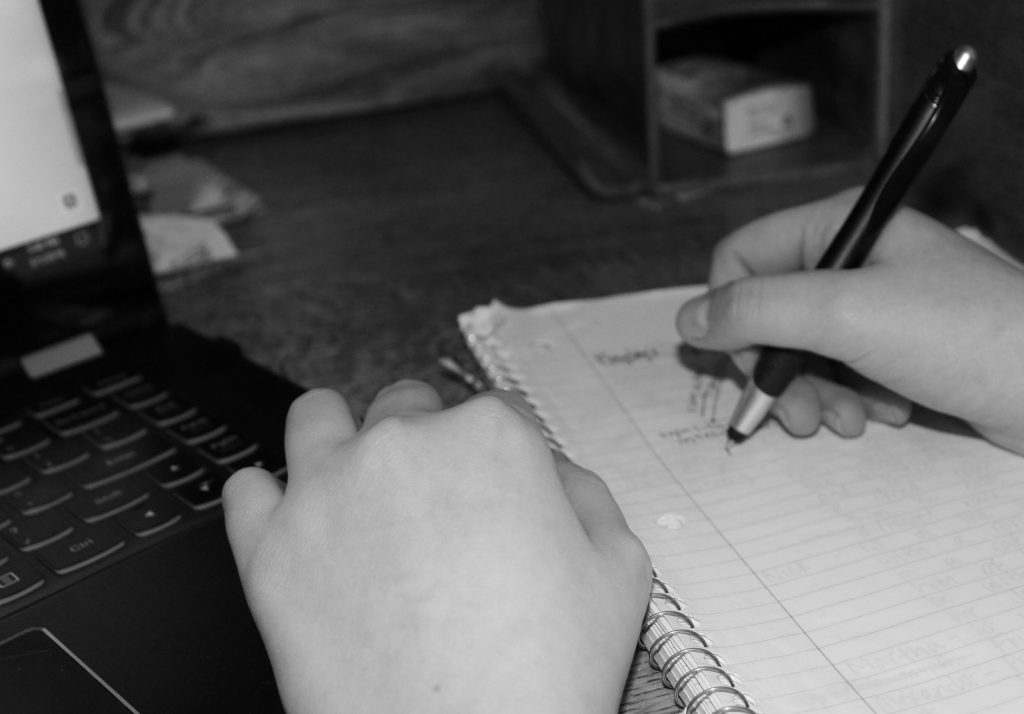By Cassie Roy | Observer Contributor

Photo by Brianna Stevens
Working through college is like pulling your own teeth, but without Novocaine, and you still have to pay for it. Many students have to pay their way through college, as well as deal with other bills. Phone, gas, insurance and car payments add up quickly. Students use a variety of ways to pay their college bills such as financial aid, scholarships, work studies, or just working a job or two.
Kayla Murphy is a full time nursing student at Mount Wachusett Community College and hopes to obtain a master’s degree in the near future. She currently works as a manager at Papa Gino’s full time and as a Cumberland Farms customer service associate anywhere from 25-35 hours a week.
Murphy juggles school and work by taking her courses on the same two days every semester, with an hour or so gap in between classes. This forces her to stay on campus and either study for upcoming exams or do her homework.
She deals with the stresses of college by taking “vacations” every couple of months or so, which means taking a couple of days off in a row to catch up on some much needed sleep and any missing homework assignments, leaving enough hours for her jobs.
Even with all of the debt college can put you in, some students, including Dawn Burke, do not have to pay for their classes or hold a job while they are in school. A second-year student in the nursing program, Burke takes three courses, which is almost full time. She hopes to obtain a Bachelor’s degree in the future. Burke’s funds come from Pell grants, a few scholarships and student loans while Mass Rehab pays for her books. Burke doesn’t work during the school year because she has two children with special needs that require numerous doctors’ appointments. Going to college alone can be tough, but having children or numerous jobs can make it feel almost impossible at times.
Federal Work-Study is another way to pay for school, which is a part-time job provided by the college. It can be on campus or off site. The Mount offers eighty to one hundred different jobs such as working in the library, cleaning the Biology Lab, or working at the Boys and Girls club. Students work 10-12 hours per week and the money earned goes straight to the student for lunch money, gas, books, or their tuition bill, with an hourly rate of $11-12.50 per hour, minus taxes.
The work study does not allow students to work during class times, but because the majority of the jobs are on campus or close by, the students are able to work in between classes, or when it is convenient for them. The jobs assigned vary depending on the student’s skills and school schedule.
The Work-Study program has limited funds. A two year community college, according to Scott Farris, Director of Enrollment at the Mount, only receives approximately 15% of the funds for the work study program. This percentage is very low, considering an average of 60% of Mount Wachusett Community College students qualify for the work study every year. The program chooses their applicants based on greatest need. The student must be enrolled at least half-time, which is six to eight credits per semester. They need to complete their FAFSA, the actual work study applications, an interest form, and any other requested forms, which may include a CORI/SORI check. As long as the student has filled out these forms and has financial needs, they will qualify for the work study.
Comments are closed.